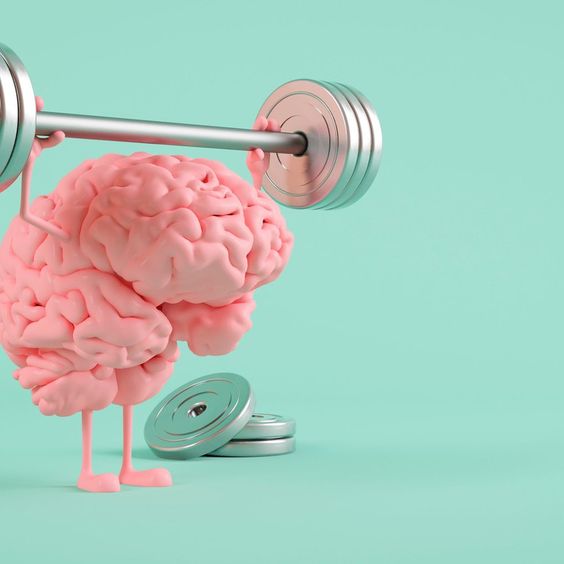Introduction:
Mental strength, often referred to as resilience, is the ability to cope with stress, adversity, and challenges in a healthy and productive way. It's about developing the inner resources to navigate life's ups and downs, bounce back from setbacks, and thrive in the face of obstacles. Just like physical strength, building mental strength requires effort, practice, and dedication.

Fortunately, mental strength is not a fixed trait. It's a skillset that can be learned and strengthened over time. This guide will provide you with practical strategies and insights to help you cultivate resilience and build your mental strength. By incorporating these techniques into your daily life, you can develop the inner fortitude to overcome challenges, achieve your goals, and live a more fulfilling life.
Understanding Mental Strength
Before diving into strategies, it's important to understand what mental strength entails. It's not about being emotionless or ignoring difficult feelings. Instead, it's about acknowledging and processing emotions in a healthy way, while also focusing on solutions and maintaining a positive outlook. Key components of mental strength include:
- Self-Awareness: Understanding your strengths, weaknesses, values, and triggers.
- Positive Self-Talk: Challenging negative thoughts and replacing them with more helpful ones.
- Emotional Regulation: Managing and expressing emotions in a healthy and constructive way.
- Adaptability: Adjusting to change and uncertainty with flexibility and a willingness to learn.
- Resilience: Bouncing back from setbacks, failures, and adversity.
- Optimism: Maintaining a hopeful outlook and believing in your ability to overcome challenges.
Strategies for Building Mental Strength
Building mental strength is an ongoing journey, not a destination. There are numerous techniques you can incorporate into your life:
- Practice Mindfulness and Meditation: Regular mindfulness practice helps you become more aware of your thoughts and feelings without judgment, increasing your emotional regulation skills.
- Challenge Negative Thoughts: Pay attention to negative self-talk and challenge those thoughts with more balanced and realistic perspectives.
- Set Realistic Goals: Setting small, achievable goals and celebrating your successes can boost your self-efficacy and motivation.
- Develop a Growth Mindset: Embrace challenges as opportunities for learning and growth, rather than viewing them as threats.
- Cultivate Strong Relationships: Connect with supportive friends, family, or a therapist who can offer encouragement and perspective during difficult times.
- Take Care of Your Physical Health: Engage in regular exercise, prioritize sleep, and eat a nutritious diet, as physical well-being is intricately connected to mental health.
- Practice Gratitude: Focusing on the positive aspects of your life can shift your perspective and boost your mood.
- Learn from Failure: View setbacks as opportunities for learning and growth. Analyze what went wrong and identify areas for improvement.
- Seek Professional Help: If you're struggling to build mental strength on your own, consider reaching out to a therapist or counselor for guidance and support.

.jpg)